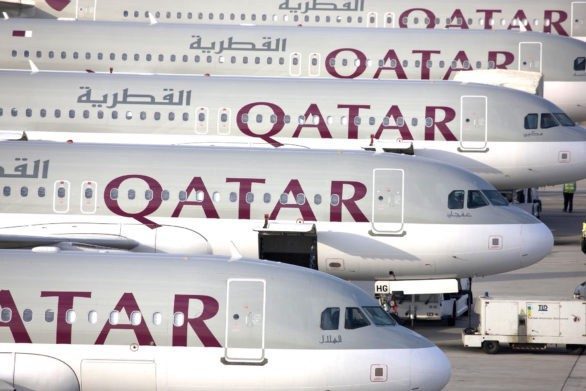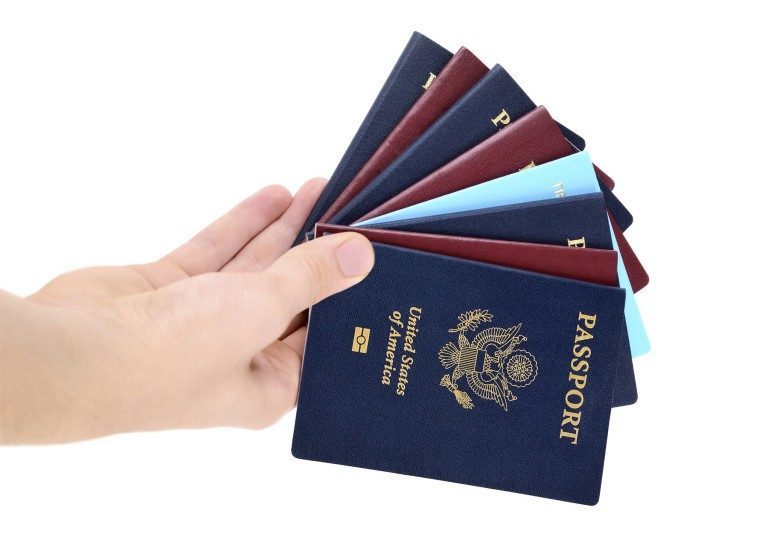
Nations that have closed their airspace to Qatar should honor the international agreement that prevents them from doing so, a United Nations body has said.
The International Civil Aviation Organization (ICAO) met at the request of Qatar yesterday to discuss the legality of closed air links.
It concluded that signatories of the International Air Services Transit Agreement should abide by its tenets.

This means Egypt, Bahrain and the UAE cannot legally cut off Qatar from their airspace.
However, Saudi Arabia, which is leading the boycott on Qatar, is not a signatory and thus not bound by its rules.
Additionally, is unclear how the ICAO would enforce the reopening of boycotting countries’ airspace to Qatar.
Victory
Still, officials in Doha have been touting the ICAO’s decision as a victory for their side.
Speaking at the meeting, Minister of Transport and Communications Jassim Saif Al Sulaiti said:
“Countries of the blockade continued to interpret the laws irrationally, not taking into account the aviation’s safety and security, causing (a) grave humanitarian impact.”
Closed-off airspace has also translated into diverted flights for Qatar Airways, which add extra time and fuel costs.
International Civil Aviation Organization (ICAO) Extraordinary Session Urges All Member States to Abide by Chicago Convention pic.twitter.com/mTdknIhh5C
— وزارة المواصلات (@MOTQatar) July 31, 2017
In a statement, the transport ministry thanked the ICAO for taking up the matter. It added that it looked forward to the reopening of airspace as soon as possible.
However, the quartet of boycotting nations appears to have been anticipating the ICAO’s response.
On Sunday, they preemptively announced plans to open certain corridors to Qatar planes in the event of emergencies, which were approved yesterday.
Trade complaint
This week, Qatar also filed an official complaint with the World Trade Organization (WTO) to dispute the economic boycott imposed by the quartet.
By refusing to trade with Qatar, the nations are violating international conventions, the Ministry of Economy and Commerce said.

Other restrictions cited in the complaint include travel restrictions on Qatari citizens, blockages of Qatari digital services and websites, closure of maritime borders and ban on flights operated by Qatari aircraft.
Now that Qatar has formally requested consultations with Saudi Arabia, Bahrain and the UAE, they have 60 days to settle the country’s complaint or face WTO intervention, Reuters reports.
Speaking to the newswire, director of Qatar’s WTO office Sheikh Ali Alwaleed al-Thani said:
“We have always called for dialogue, for negotiations, and this is part of our strategy to talk to the members concerned and to gain more information on these measures, the legality of these measures, and to find a solution to resolve the dispute.”
For their part, the Gulf countries are likely to cite national security issues as the reason for their boycott.
Thoughts?






